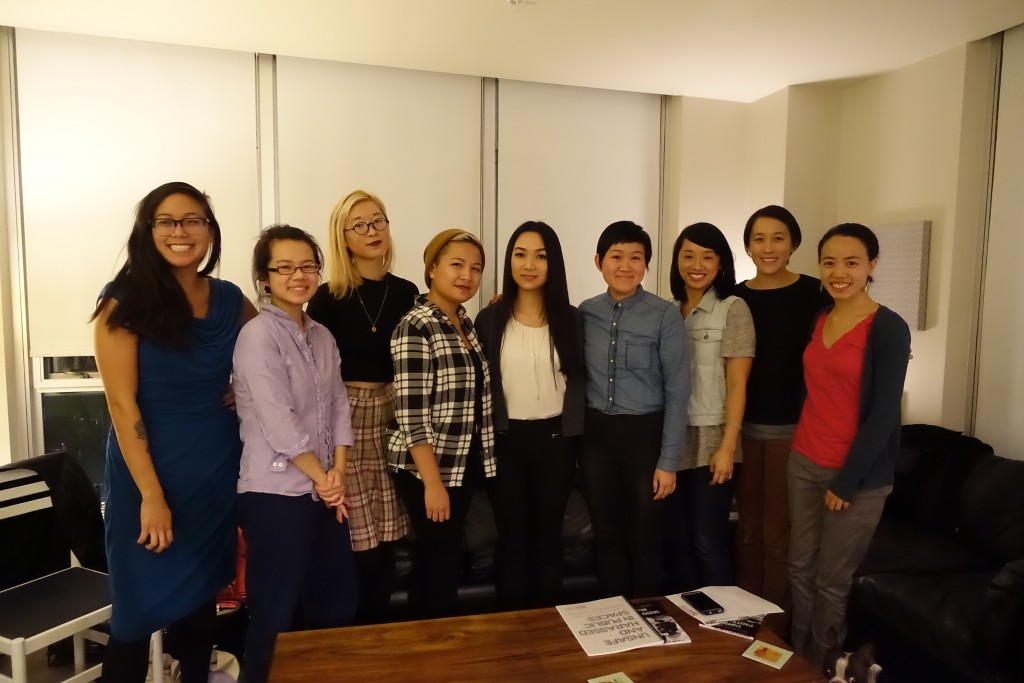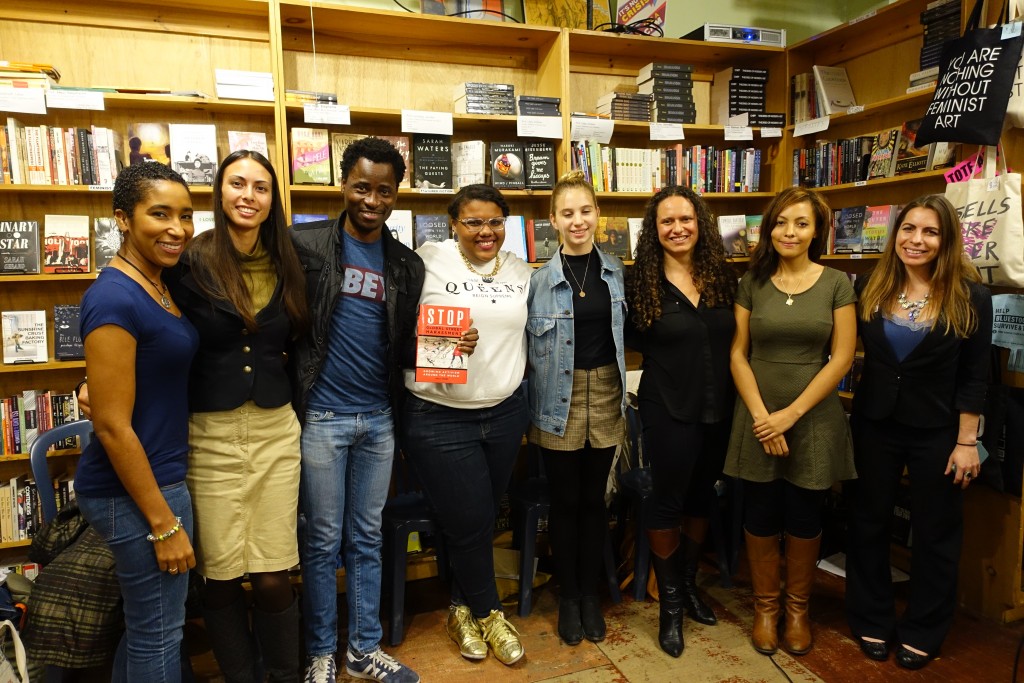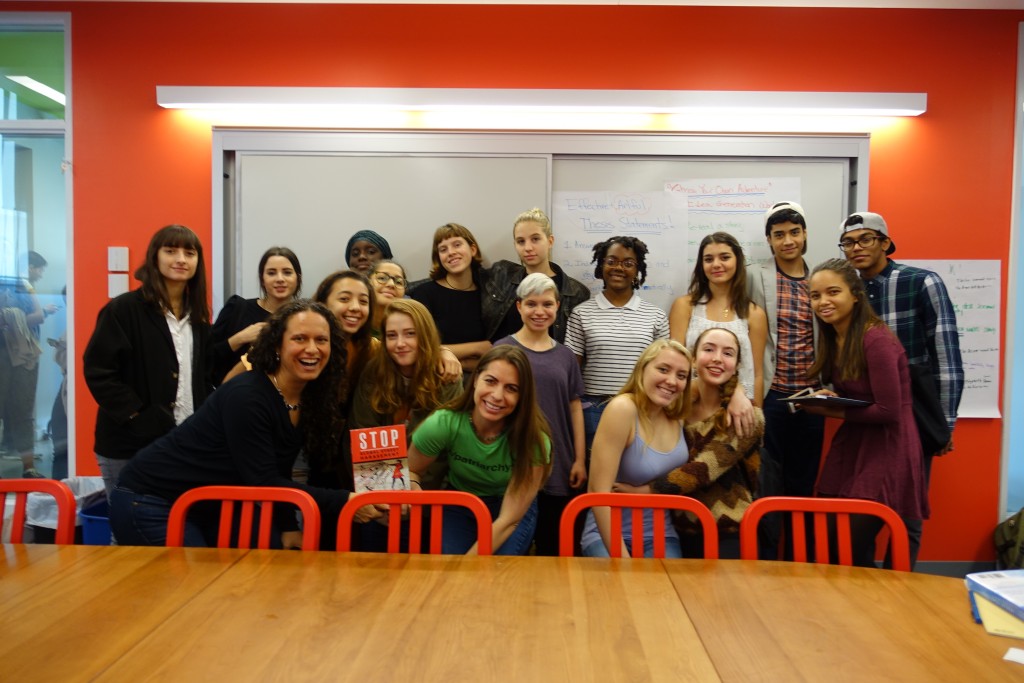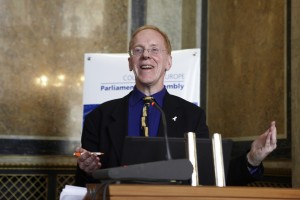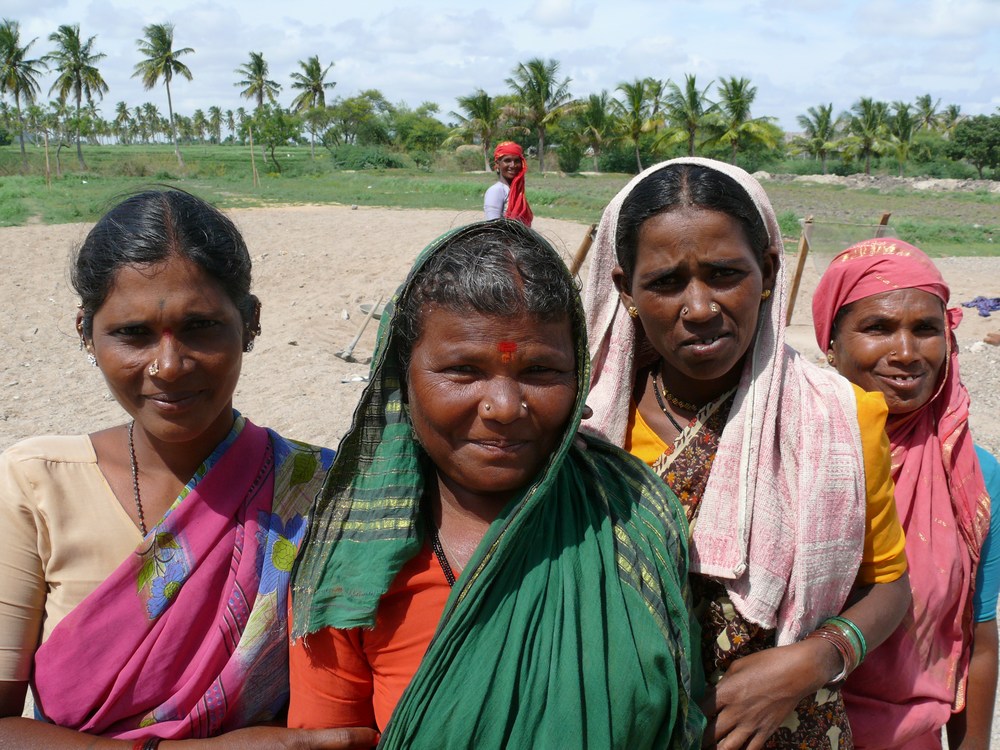
Meghna Bhat, Chicago, USA, SSH Blog Correspondent
In December 2012, the horrifying, brutal and fatal gang-rape and death of a young woman in New Delhi, India was followed by many other gang rapes, including the gang-rape of a young photojournalist in Mumbai in August 2013. Many other cases of sexual assault, gang-rapes and sexual harassment are becoming more visible in our news headlines. India has become known as ‘No Country for Women’, or ‘India: Land of 100 rapes a day’ and so on.
After the 2012 attack, people from all walks of life across India took to the streets protesting for the safety and rights of women. The topic of women’s safety and rape prevention dominated the news headlines. I was spellbound by the national gesture of public protests. It was mostly well-intentioned. However, I also realized that we, as a nation, don’t view and treat all survivors of sexual assault, rape and other forms of violence equally. I really wish our national protests, strict amendments and implications of anti-rape laws and calls to action among stakeholders could apply to and extend to every girl or woman sexually assaulted or sexually harassed.
Our society should be supportive and sensitive to each survivor whether she is a young girl from a middle-class family in a large metro city or if she is a poor girl from a village who barely speaks English. The same laws and resources currently allotted to “respectable victims” should be equally available for the low caste Dalit girl and the same with a sex worker or a homeless woman who was sexually assaulted.
In fact, I would suggest creating more accessible, inclusive and accommodating resources and legal help for survivors of gender violence among marginalized parts of our society. Do you know that Dalit women are most vulnerable and susceptible and have been targets of brutal and horrific sexual violence in India? What about transgender women in India, commonly known as hijras? Many of these Dalit or/and transgender women traumatized by sexual violence face additional individual and organizational barriers due to their sex/ gender, caste, social class, occupation, etc.
What about male survivors of rape and gender-violence in India? With all the public discourse highlighting men being the perpetrators of heinous crimes, we are likely to think that only women get raped or abused. This can be attributed to the preconceived notion of men being stronger and able to protect themselves. Thus, these notions lead to glorifying the patriarchal underpinnings, and images of macho image and hyper masculinity. Public Health professional Urvashi Prasad wrote, “Male survivors have very few active organizations to support them, but more importantly perhaps, they often get little compassion or acknowledgement from society. Section 375 of the Indian Penal Code does not include males as rape victims.”
Furthermore, the presence of homophobia and laws (re)criminalizing homosexuality in our country reinforces re-victimization and trauma that LGBTQ survivors of sexual violence face in their daily lives.
All survivors should be able to seek help, including just and thorough police investigations and access to sensitive & non-judgmental medical support, legal advice, and counseling resources. All of these options should be offered to the survivor, whether she, he or they would like to report a police complaint or would like to go to the hospital or speak with a family member or crisis counselor. Survivors need to be informed of their rights and the proceedings by trained advocates.
Most importantly, it is so critical to promote comprehensive trauma-informed, victim-centered, sensitive and supportive programs for survivors of gender violence across all intersections. I am very well aware that what I am suggesting above cannot be achieved overnight. Being away from home doesn’t help either in providing the full picture of the local and grassroots efforts and initiatives being organized in India. I have been following four organizations in India (among many others) who have done some extensive impressive work for bringing justice to survivors of gender-violence. They are:
1) Lawyer’s Collective: “One of the leading public interest service providers in India with a proven record of setting high standards in human rights advocacy, legal aid and litigation.”
2) Majlis Legal Center: “Includes a group of women lawyers and social activists committed to informing, educating and empowering women on their legal rights.” The director, Flavia Agnes has been one of the pioneers of the women’s movement bringing justice to women and children’s rights.
3) The Humsafar Trust– “Is a community-based organization of self-identified Gay men, MSM, Transgender, Hijras, LBT people in Mumbai since 1994.”
4) Sangama– “A sexual minorities, sex workers and people living HIV human rights organization for individuals oppressed due to their sexual preference.”
When I am asked what’s the best way to prevent any form of gender-violence, I always recommend to start training and educating our young boys and girls in schools about respect, tolerance and gender equality! Here are two examples of such programs: Parivartan and Khel Planet.
In summary, we should be extremely thankful to our desi invisible heroes who work relentlessly and tirelessly for these survivors of gender-violence, especially sexual assault in India. There is extraordinary backstage work being done 24/7 in terms of advocacy, resources, medical help, counseling and legal justice for these survivors. Unfortunately, their contributions to social and gender justice do not make the headlines in our news media!
Meghna is a doctoral candidate in the Criminology, Law, and Justice program at the University of Illinois at Chicago, with a specialization in Gender and Women Studies. She is currently working on her dissertation, which focuses on representations of violence against women in a widely viewed form of Indian popular culture, Bollywood cinema.

